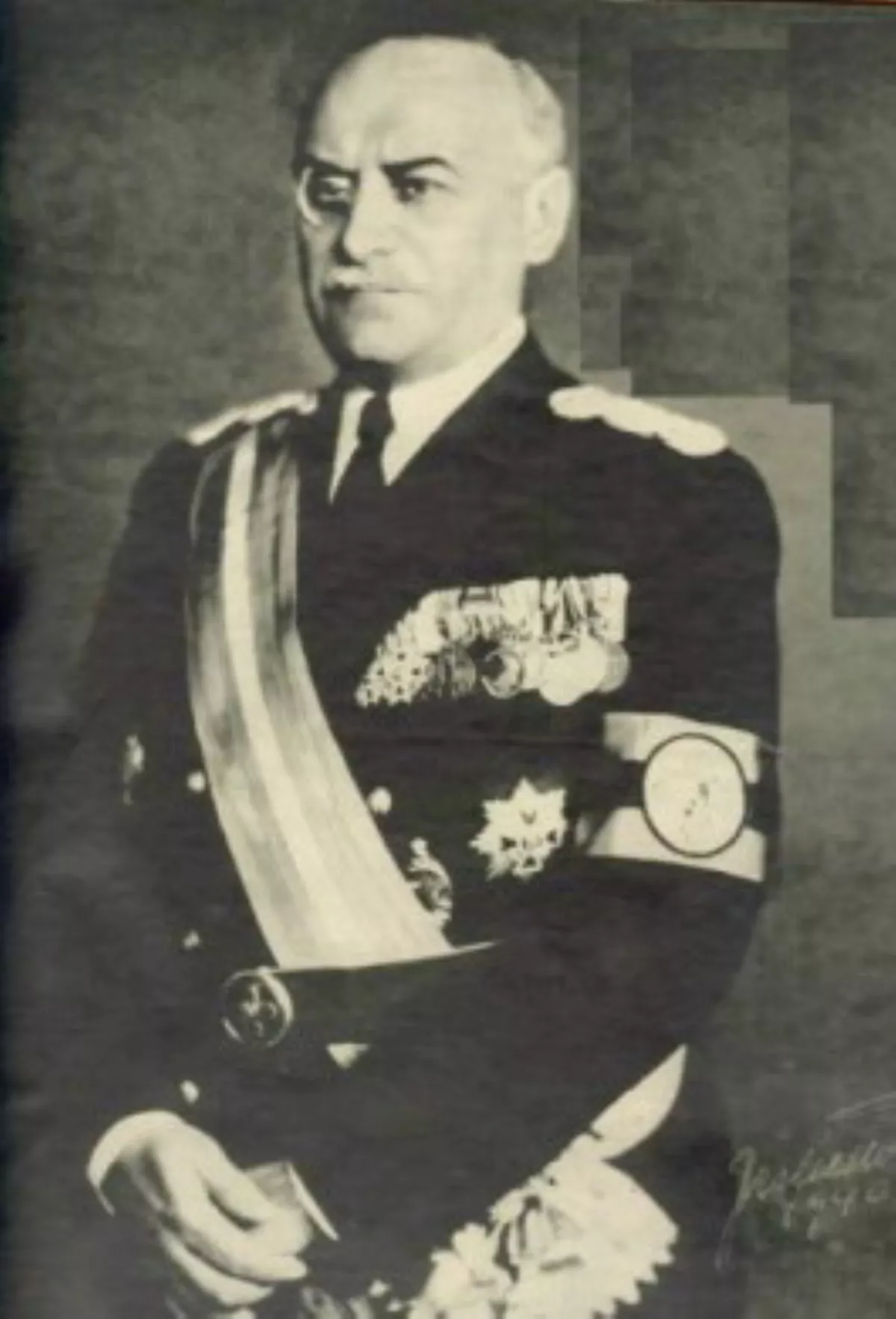 1.
1. Shortly after the start of World War II, Gigurtu was affiliated with King Carol's National Renaissance Front, serving as Public Works and Communications Minister and Foreign Minister under Premier Gheorghe Tatarescu, before the territorial losses incurred by Romania in front of the Soviet Union propelled him as Tatarescu's replacement.